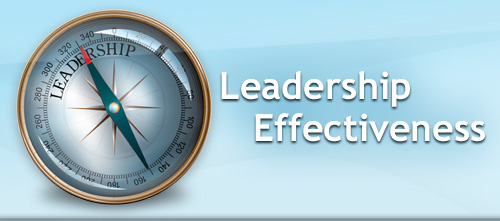The perfect career doesn’t exist any more than “perfect health”. Being in good, or even excellent, health doesn’t mean that you will never come down with a cold, that you can run marathons every other day, that you never get scrapes or bruises. It just means that your healthy now and you are generally not sick very often, probably due to some combination of who you are (genetically speaking), a little luck, your previous health history, and what you do to take care of yourself. The same holds true for a healthy career. You can’t change who you are, you can’t change luck or the past, but you can recognize, understand, and then take action to change patterns of behavior that threaten the health of your career.
You can’t change who you are, you can’t change luck or the past, but you can recognize, understand, and then take action to change patterns of behavior that threaten the health of your career.
People whose careers are in “excellent health” are rarely just lucky or so talented that success comes to them effortlessly. Typically they work proactively to take care of their careers. Consider the cases of two individuals who we know quite well, both senior executives in the financial services industry. Both are very successful, not just in terms of wealth and status, but in terms of their management abilities, leadership, vision and personal integrity. Both have accurate and positive self-images, used power effectively, are able to understand things from other people’s perspectives, and have successfully come to terms with issues of authority. Yet both continue to struggle with behavior patterns that, after all, remain rooted in their fundamental personality structures. There is both good news and bad news to be taken from this when it comes to behavioral change.
The bad news is there may never be a complete and total “cure for individual behavior patterns”. One of the most perplexing and frustrating things many people face is sometimes the very behaviors that helped them achieve the level of success they enjoy are now the very behavior habits that either prevent them from becoming even more successful.
One of the most perplexing and frustrating things many people face is the very behaviors that helped them achieve the success they now enjoy are the very behavior habits that prevent them from becoming even more successful.
The good news is that this struggle, pursued with intelligence and renewed effort, is in itself good enough. Perfect and total “cure” is not necessary. If you are alert to the signs and symptoms of the patterns that cause you trouble; if you are willing to recognize them for what they are (rather than use any of the psychological defenses at your disposal to deny or make them someone else’s problem); and if you are willing to work hard to keep yourself from falling into the old familiar behavior—then over time your struggle with self-defeating behaviors will become less difficult and you will be increasingly successful in your efforts.
Here are some general tips for curing your Achilles’ heel (s):
- Decide: Do you really want to change (Be Honest)
- If your answer is yes; Do it now
- Get a “buddy” to help you monitor your behavior at work and give you feedback (to ensure that you are changing)
- Look to stars as role models both within your organization and outside
- Remember the 80/20 rule. Often the first 20 percent of your effort gets you 80 percent of the benefit, with the last 20 percent requiring a whopping 80 percent of your effort
- Practice interpersonal literacy; learn to read people—empathy is a skill not a weakness
- Beware of the sirens’ songs of money, fame and instant gratification
- Look behind you as well as ahead. When you still have a long way to go, it helps to look behind at your wake to see how far you’ve come
- Set aside time for quite introspection about the causes of your Achilles’ heel(s)—and use it
- Always bear in mind the distinction between being right and being effective
- Use behavior reminders (for example on your screen saver or on your bathroom mirror and change them often so you don’t come to ignore them)
- Be quick to say “I’m sorry” when you’re wrong or have blown something and mean it
People define success in very different and intensely personal ways, and in my view it is not best measured simply in terms of financial reward or other signs of achievement a person may attain. Consider this measure of success as well; the difference between what each of us has been given (in terms of our talents and hang-ups, our promise and limitations) and what through insight and effort we fashion from it.








{ 0 comments… add one now }